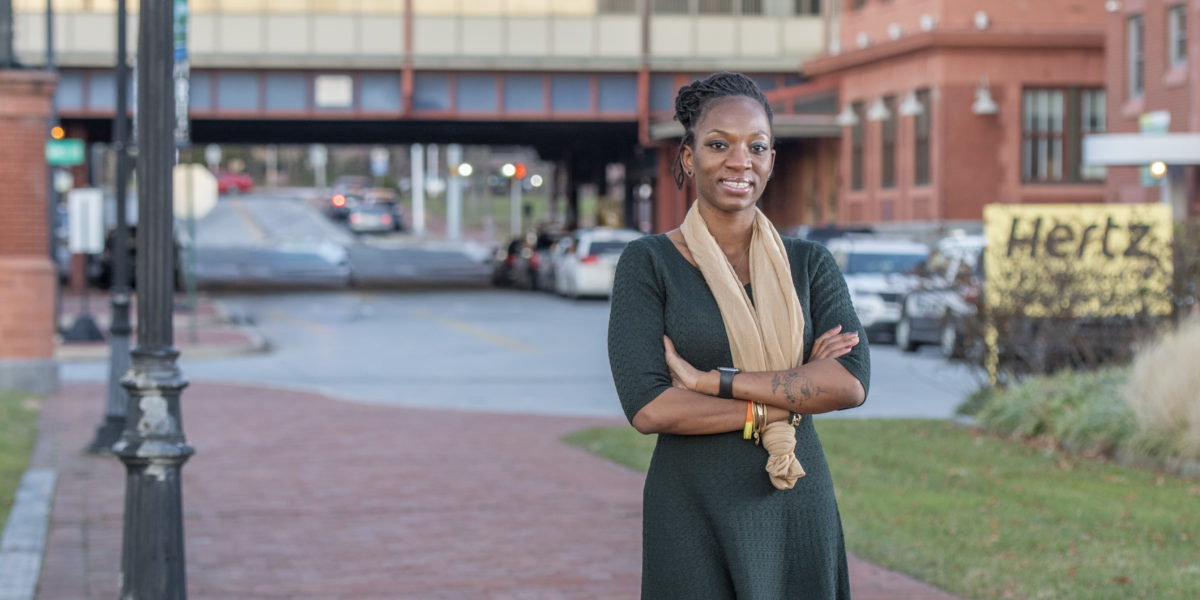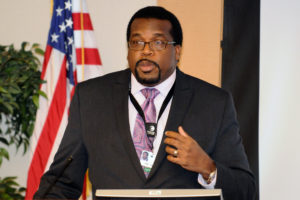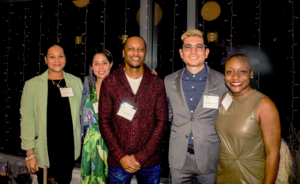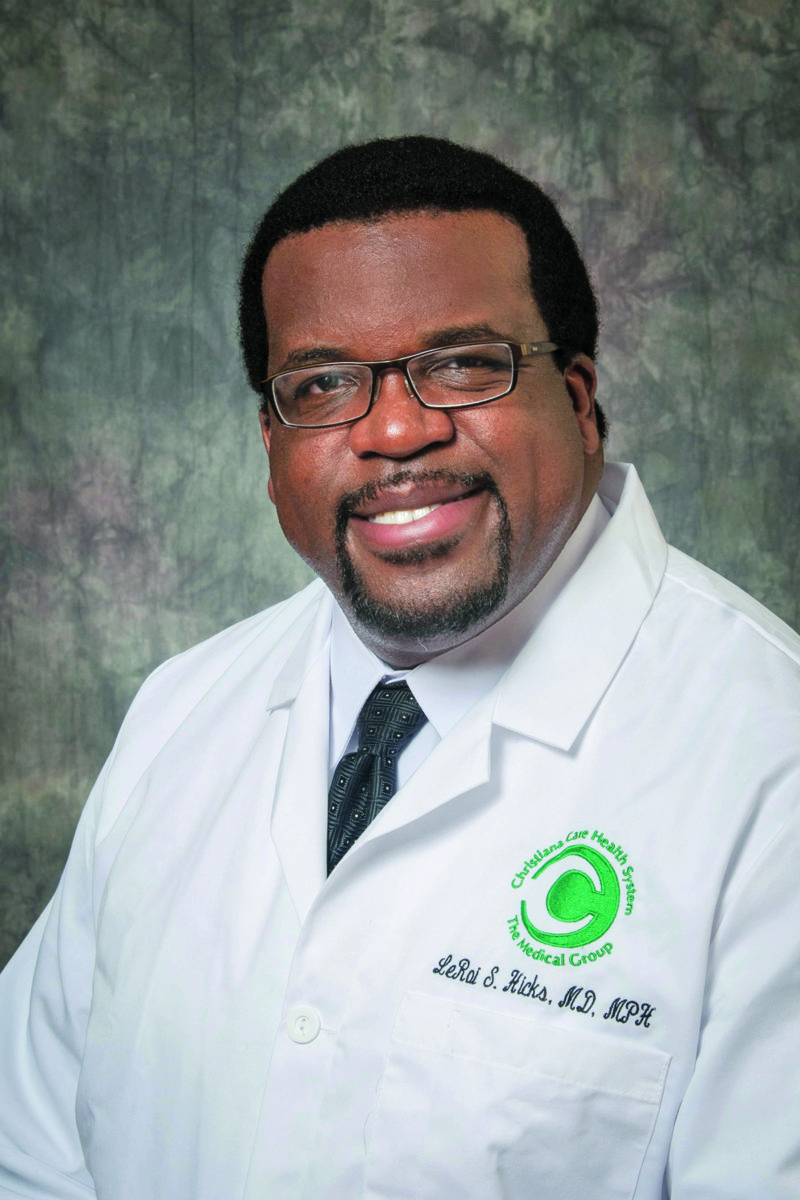
When Vice President Kamala Harris took the oath of office earlier this year, she represented a series of “firsts.” She was the first woman and the first person of color to hold the office. She also was the first alumna of a historically black college or university (HBCU) to become vice president of the United States.
Her alma mater, Howard University, is one of about 100 historically black colleges and universities in the country, and thanks to high-profile graduates like Vice President Harris, the spotlight on these schools has shone brighter.
ChristianaCare caregivers who attended HBCUs say the attention is well-deserved, and prepared them to serve with love and excellence in their chosen fields.
“Howard University gave me an exceptional undergraduate education and I was also well prepared for medical school,” said LeRoi Hicks, M.D., MPH, FACP, chief medical officer of the Wilmington Hospital campus and physician leader of the Value Institute.
“Howard also provided me with the confidence that I was as able to succeed just as much as anyone else in the room.”
ChristianaCare is fortunate to benefit from HBCU graduates in a variety of caregiver positions throughout the health system, said Chief People Officer Neil Jasani, M.D., MBA, FACEP.
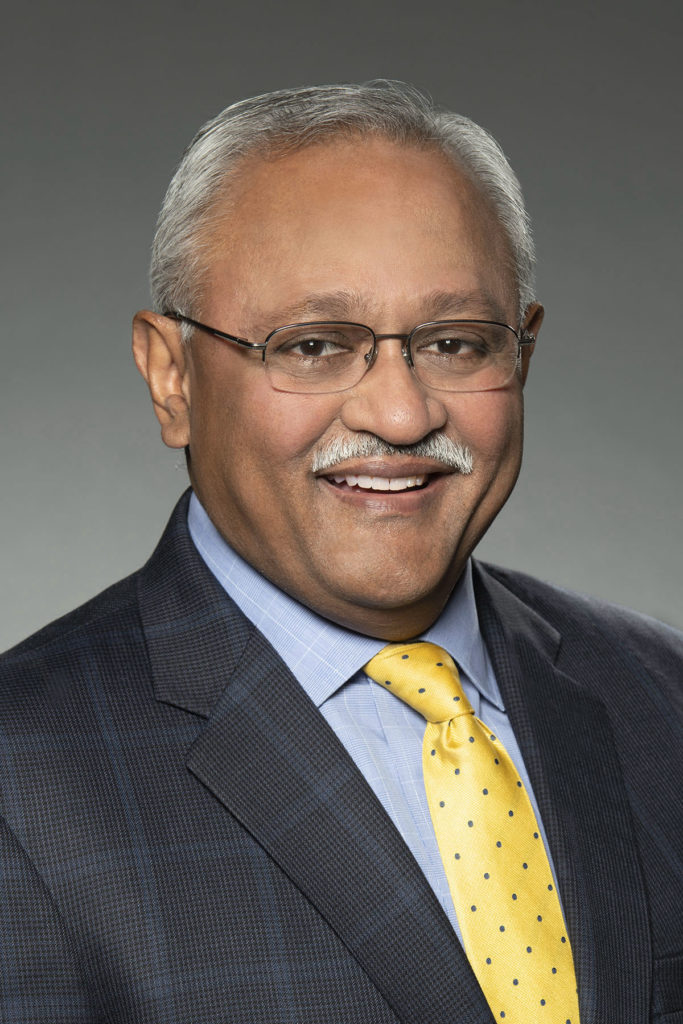
“HBCUs produce skilled graduates in every field, including science, technology, engineering and mathematics — essential fields that help us serve our community with excellence,” Dr. Jasani said.
According to Forbes magazine, with a national enrollment of about 300,000, HBCUs play a major role in graduating Black students with bachelor’s degrees in STEM fields. Many HBCUs also confer graduate and professional degrees. In an article, the magazine cited this among the reasons “2020 was the year of the HBCU.”
Heritage, culture and confidence
Starting with Cheyney University of Pennsylvania in 1837, HBCUs were established to educate Black Americans. The concept dates back to the post-Civil War period when education was considered a fundamental human right.
Prior to the Civil Rights Act of 1964, the vast majority of higher education institutions were predominantly white and completely denied or limited African American enrollment. HBCUs gave opportunities to African Americans who were previously unable to access higher education during this dark period of segregation in the United States.
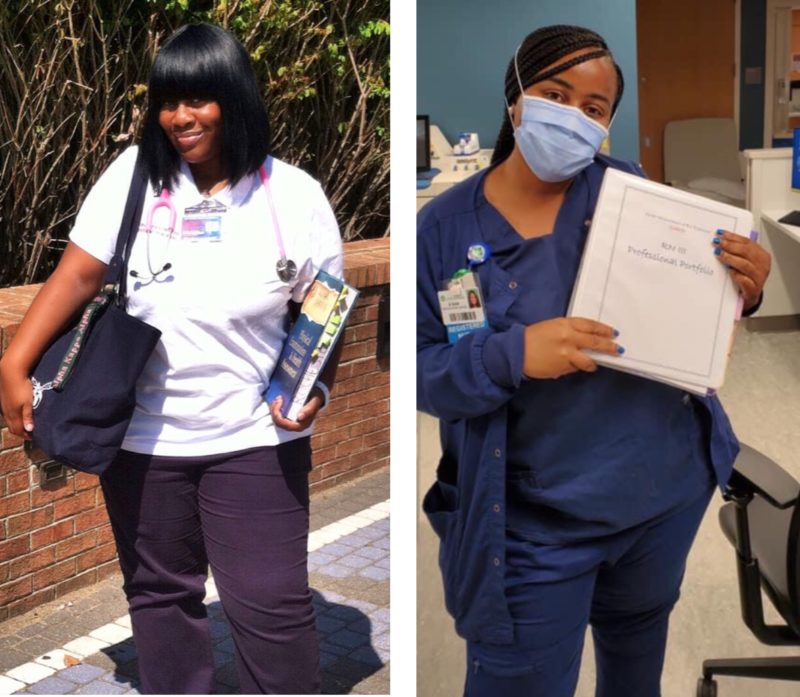
Many HBCU students are the first in their families to go to college. A’Sian Rochester MSN, RN-BC, SCRN, WTA-C, was one of them. She attended Delaware State University (DSU).
“I wanted to be engulfed in African American history as well as make lifelong connections through the institution. As a first generation college student and graduate, I found that attending an HBCU was the optimal choice for me,” she said. “Delaware State University provided me with the skills, knowledge, experience and leadership to excel in my nursing career.”
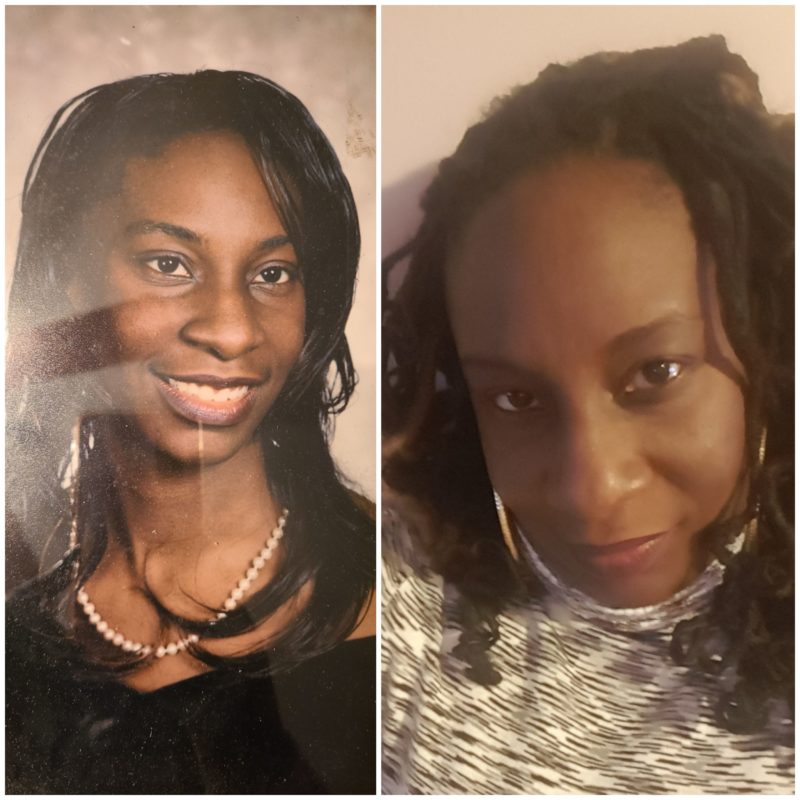
The mission remains the same. “We want to provide access to those who are underrepresented,” said Tony Allen, Ph.D., president of DSU. “We want to provide a high-quality education so students can compete with anyone in the country or world. And we want to inspire confidence so they can be leaders in their respective fields and know the importance of giving back.”
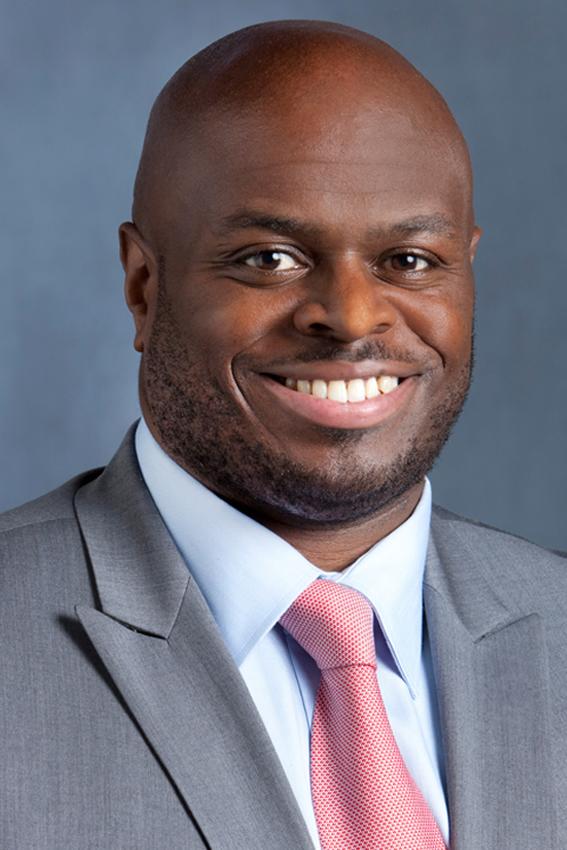
To help others, you first must understand yourself, said Cynthia Guy, LMSW, MSCC, a senior social worker at ChristianaCare Brandywine Women’s Health.
“Attending Lincoln University gave me the foundation needed to pull out my strengths at an early age and not lose my self-identity as I went out into the world.”
Marie Pinkney, MSW, agrees that HBCUs unlock self-knowledge and the sense of possibilities. The ChristianaCare case manager received her bachelor’s degree in social work from Norfolk State University and her master’s from DSU. On campus, she often met people who were among the first Black or African American leaders in their field.
“At HBCUs, there is a true desire to take care of one another and lift one another up,” she said.
By graduation Pinkney understood that she not only deserved to be in the room, but she also deserved a seat at the table. In 2020, Pinkney became the first black American LGBTQ+ person elected to the Delaware Senate.
Academic excellence and career advances
HBCUs provide both personal and academic growth, said Shirelle Handshaw, MHSA, director of operations for the Medical Group at ChristianaCare. As a biology major at Cheyney, she received funding to work at the National Institutes of Health.
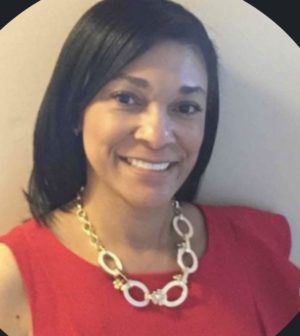
“This level of exposure to the larger scientific and academic world shaped my career path and gave me the confidence to perform and excel,” she said.
ChristianaCare provides opportunities to DSU nursing students through the Nursing Scholars Program, a scholarship to full-time pre-nursing students.
Allen expects nursing graduates to double after DSU completes the acquisition of Wesley College this summer. Both schools’ health and behavioral science programs will merge on the Wesley campus.
“We will continue to graduate a very diverse and inclusive set of health practitioners and medical professionals in the nursing field in particular,” he said.
“So many HBCU graduates are black doctors, lawyers and members of Congress. You don’t have to look far to see the impact of these institutions.”
Pinkney said that the media’s recently highlighted achievements of HBCU graduates demonstrate that the schools are living up to their mission.
“For as long as I can remember, there’s been an argument as to whether HBCUs are still relevant today,” she said. “I think that seeing people like Kamala Harris and [Spelman College alumna and political leader] Stacy Abrams — these amazing women coming from these schools — shows why these institutions are still needed.
“There is pride, joy and triumph instilled in you at HBCUs.”
